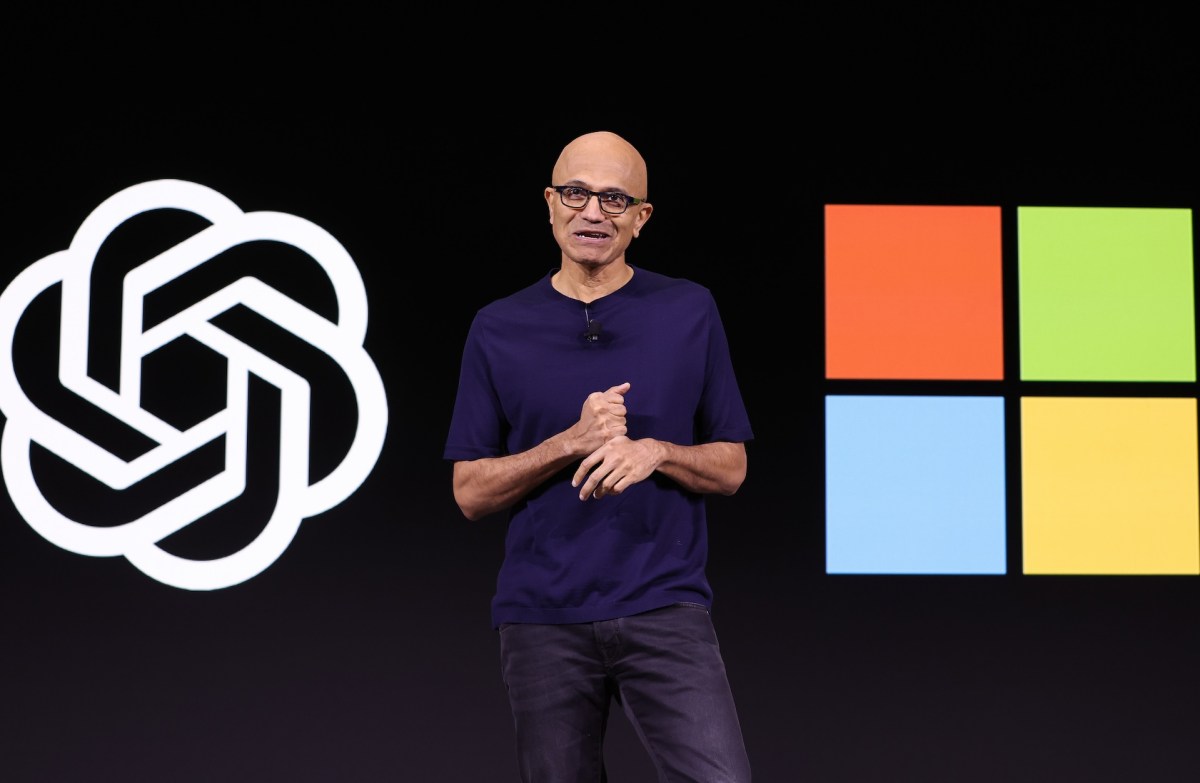OpenAI secures Microsoft’s blessing to transition its for-profit arm

OpenAI's shift to a public benefit corporation could reshape its future and funding landscape.
Related: Read more on The Silicon Journals
**OpenAI has struck a nonbinding agreement with Microsoft to transition its for-profit arm into a public benefit corporation (PBC).** This agreement, which is still pending regulatory approval, could allow OpenAI to raise additional capital from investors and potentially go public in the future. The arrangement ensures that OpenAI's nonprofit will maintain control over the startup's operations while also obtaining a stake in the new PBC, which is valued at over $100 billion. This significant deal follows months of negotiations and aims to redefine the partnership between OpenAI and Microsoft, two major players in the tech industry. The transition to a PBC is seen as a strategic move that could enhance OpenAI's ability to innovate and expand its offerings in the rapidly evolving field of artificial intelligence.
Details of the Agreement
Under the nonbinding memorandum of understanding (MOU) with Microsoft, OpenAI's nonprofit will continue to oversee the startup's operations. The MOU outlines expectations but is not legally binding, indicating that both parties are still finalizing terms. OpenAI's board chairman, Bret Taylor, emphasized the importance of this transition for future growth and funding opportunities. The agreement aims to clarify the roles and responsibilities of both organizations, ensuring that OpenAI can pursue its mission while benefiting from Microsoft's resources and expertise. This partnership is crucial as it allows OpenAI to leverage Microsoft's cloud services and technology, which are essential for the development of advanced AI systems.
Regulatory Hurdles Ahead
The transition to a PBC requires approval from state regulators in California and Delaware. OpenAI and Microsoft are currently collaborating with the attorneys general of these states to ensure compliance. This regulatory step is crucial for the agreement to take effect, as it could significantly impact OpenAI's operational structure and funding capabilities. The approval process may involve thorough reviews to assess the implications of the transition on stakeholders and the broader tech ecosystem. Both companies are committed to addressing any concerns raised by regulators to facilitate a smooth transition and ensure that the new structure aligns with legal and ethical standards.
Tensions and Negotiations
Negotiations between OpenAI and Microsoft have been fraught with tension, particularly regarding control over technology and intellectual property. Reports indicate that Microsoft sought control over technology from Windsurf, an AI coding startup OpenAI intended to acquire. The deal fell through, leading to further complications in their partnership. Additionally, Elon Musk's lawsuit against OpenAI has added pressure, as it questions the startup's commitment to its nonprofit mission. This legal challenge has intensified scrutiny on OpenAI's strategic decisions and its alignment with its foundational goals. The ongoing negotiations reflect the complexities of balancing innovation, control, and ethical considerations in the rapidly evolving AI landscape.
OpenAI's Strategic Moves
In recent months, OpenAI has been actively seeking to diversify its partnerships and reduce dependency on Microsoft. A notable contract with Oracle, valued at $300 billion over five years starting in 2027, marks a significant shift in strategy. Furthermore, partnerships with companies like SoftBank for data center projects indicate OpenAI's intent to broaden its operational base and funding sources. These strategic moves are aimed at enhancing OpenAI's resilience and flexibility in a competitive market. By establishing relationships with multiple partners, OpenAI can better position itself to innovate and respond to the evolving demands of the AI industry.
Community Concerns
The transition to a for-profit model has raised alarms among various nonprofit organizations, including Encode and The Midas Project. Critics argue that this shift could undermine OpenAI's original mission to develop artificial general intelligence (AGI) for the benefit of humanity. OpenAI has responded to these concerns by issuing subpoenas to some groups, alleging they are funded by competitors, a claim that has been denied. This situation highlights the tension between profit motives and ethical responsibilities in the tech sector. As OpenAI navigates this transition, it faces the challenge of maintaining transparency and trust with the community while pursuing its business objectives.
Why it matters
- Potential for OpenAI to raise significant capital and go public.
- Maintains nonprofit control over operations, ensuring mission alignment.
- Reflects broader trends in the tech industry regarding nonprofit and for-profit structures.
- Highlights ongoing tensions in AI development and corporate governance.
Key numbers
- $100 billion stake in OpenAI PBC for the nonprofit
- $300 billion contract with Oracle over five years
Context
OpenAI, known for its groundbreaking AI technologies like ChatGPT, has operated under a unique structure where a nonprofit board controls its for-profit activities. This transition marks a pivotal moment in its evolution.







0 Comments